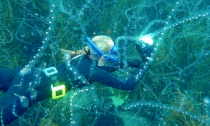
The UK’s seas have had their warmest start to the year since records began, helping to drive some dramatic changes in marine life and for its fishing communities. The average surface temperature of UK waters in the seven months to the end of July was more than 0.2C higher than any year since 1980, BBC analysis of provisional Met Office data suggests. That might not sound much, but the UK’s seas are now considerably warmer than even a few decades ago, a trend driven by humanity’s burning of fossil fuels.
That is contributing to major changes in the UK’s marine ecosystems, with some new species entering our seas and others struggling to cope with the heat.
Scientists and amateur naturalists have observed a remarkable range of species not usually widespread in UK waters, including octo...
Read More










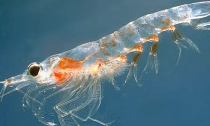
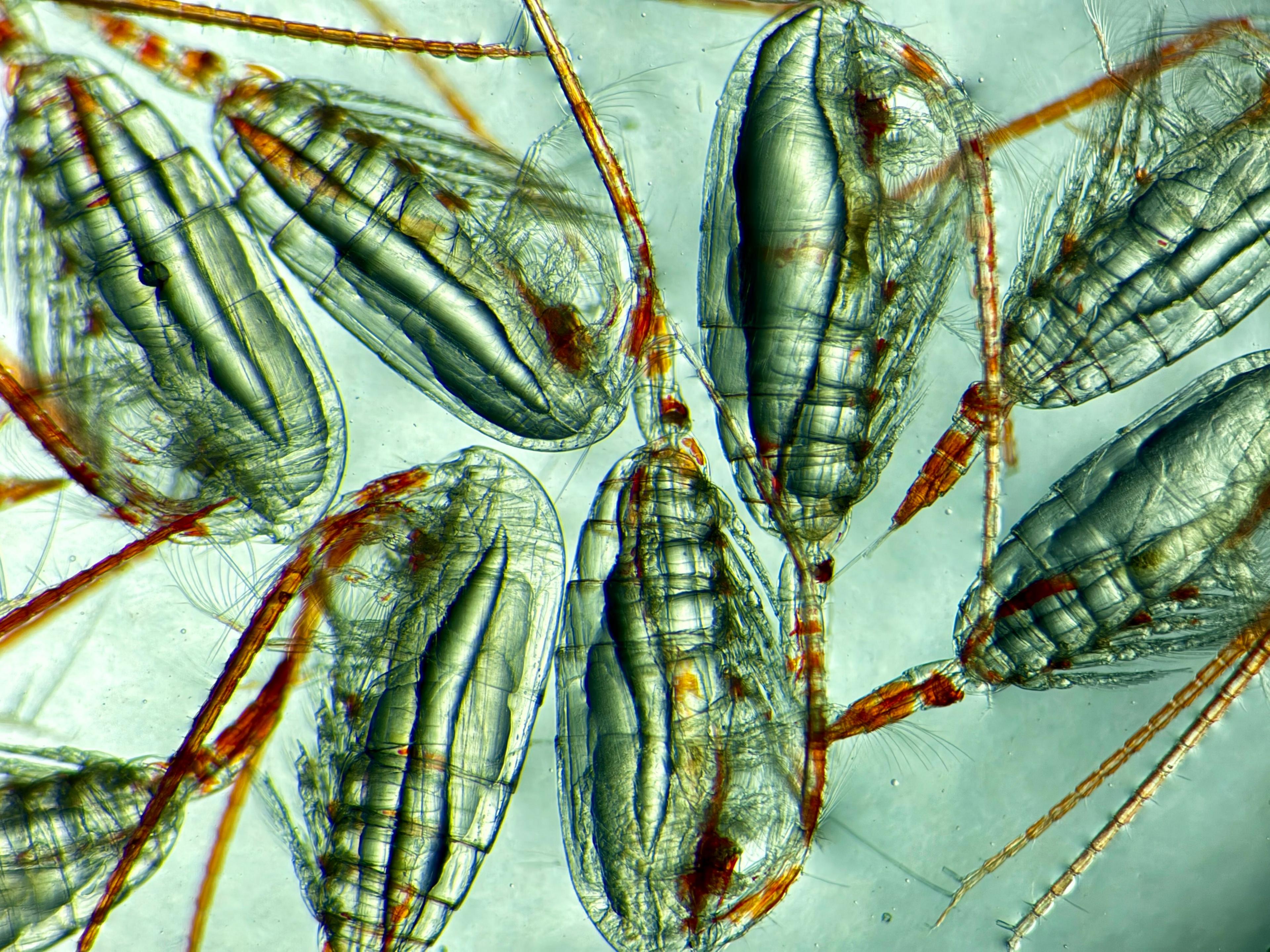
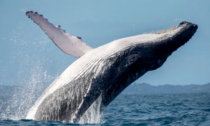
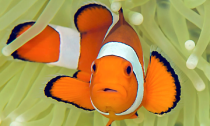
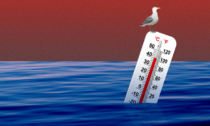

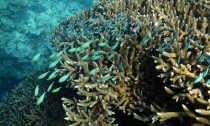

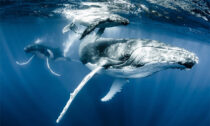

Social Profiles